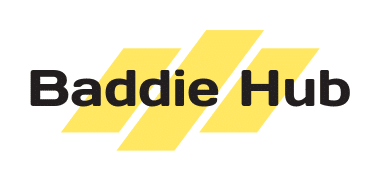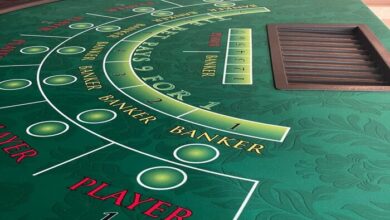IQ and Creativity: Can They Coexist? CerebrumIQ Answers

Intelligence and Creativity… The connections and contradictions of these essential personal traits have been attempted by researchers and psychologists over the past few years. It is still not clear to the average people whether these indicators are parallel straight lines, or whether they still intersect and depend on each other. The professional cognitive psychologists of the CerebrumIQ portal decided to dive into this question and find answers for all readers.
Intelligence and Ways to Measure It
Do you think that the “smartness” of a person is hidden in his level of intelligence? We can not talk about the exclusivity of this concept. In general, underintelligence is understood, of course, the basic cognitive abilities of the individual. And for their dimension are created and improved IQ test, provided for users of CerebrumIQ. When identifying the intelligence quotient, such fundamental skills as logical thinking, memory, speed of brain reactions, attentiveness, analytical information and general erudition are evaluated.
What do the Test Results Mean?
Despite some differences in methodology, the basis of the test has remained the same for many years. The intelligence quotient in standardized systems determines the basic cognitive abilities of an individual and is defined in points. Average IQ scores of about 100 points are taken as the basis, and the level above or below average is described by the corresponding numbers. It has been proven that readings of about 68% of the entire world population are in the average range.
Controversial Details: IQ in the Context of Intellectual Levels
Despite the obvious and verified plausibility of the results by numerous studies, IQ testing is still criticized. But we at CerebrumIQ explain in detail to users how important it is to understand the depth of human thought processes. No matter how perfect our methodologies are, they only cover basic cognitive metrics such as memory, thinking speed, attention, logic, etc. But outside the categories are still critical thinking, emotional intelligence, creativity, and other significant traits that only together can at least approximate the depth of a person’s potential and intelligence. But until other ways of assessing different aspects of intelligence have been achieved, we can use the most accessible and effective tool available.

Creativity as a Unique Individual Ability
Like the idea of intelligence, the definition of creativity is not yet fully formed and studied. In general, creativity refers to the thinking resource of a person that allows them to change and find new solutions in non-standard life circumstances. Creativity is the driving force of artistic productivity and as one of the characteristics, affects the formation and manifestation of the personality as a whole. Some of the psychologists, who have been trying to comprehend the essence of the concept of creativity for more than 60 years, speak about creativity as a form of free self-expression and a resource for the disclosure of unique creative potential.
Ways to Identify the Correlation Between IQ and Creativity
For decades, scientists have been trying to see how intelligence and creativity interact with each other and to determine more clearly if there is a connection between them. Proposed hypotheses seek to both prove and disprove these points of contact and this process is still evolving. One popular theory (the threshold hypothesis) posits that a certain level of intelligence is required for high creativity, but that once this level of intelligence is reached (around 120 IQ points), additional intelligence does not necessarily increase creativity. Thus we see that it is not necessary to be an intellectual genius to be capable of thinking creatively and extraordinarily. But still, without sufficient cognitive skills, creativity also has more obstacles.
These theories completely debunk the notion that a highly intelligent person is blocked from accessing non-standard ideas. In real life, we have many examples of brilliant masters who, in addition to highly developed cognitive abilities, demonstrate and realize extraordinary creative results. Deeper and more versatile personality growth, both IQ categories and other aspects, gives individuals a much richer inner resource that motivates them to fulfill their talents to a greater extent.

Conclusion
As can already be seen from the practical research conducted by cognitive psychologists, the intellectual and creative abilities of a person not only coexist but also mentally enrich each other. The cultivation of both of these aspects is important and necessary for a deeper and brighter realization of human inner potential and success. Each of us can contribute to our growth in both intellectual and creative skills. By exploring different characteristics of one’s internal thinking resources, new forms and tools of personal growth and achievement of high goals are opened for people.




